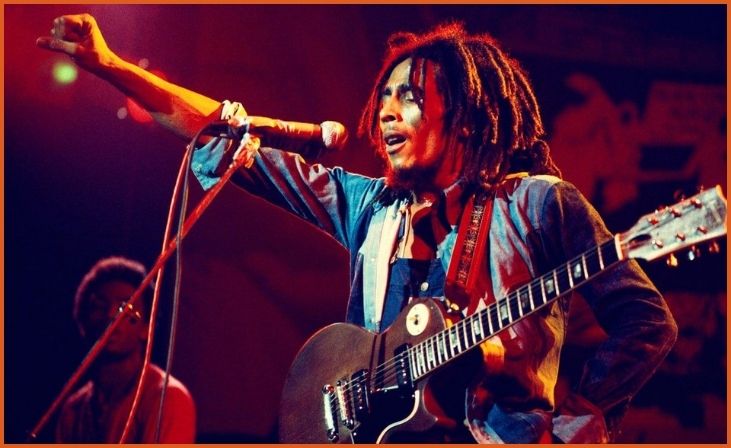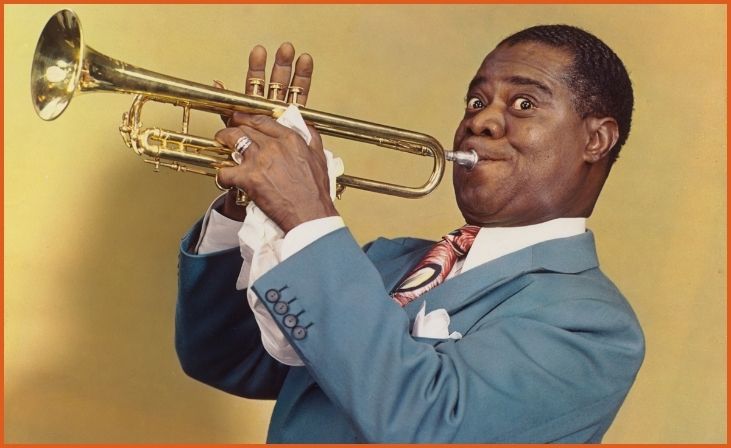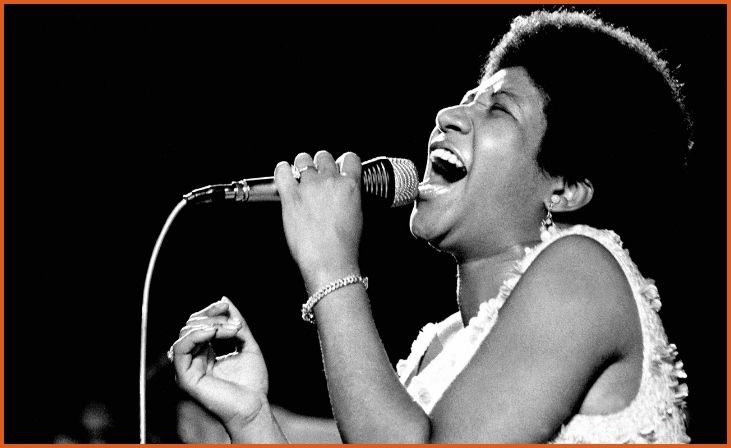Music has the incredible power to transcend time, culture, and personal experience. Certain songs become more than just melodies—they turn into anthems that define generations, inspire movements, and touch hearts. Here, we count down the nine greatest songs of all time, each with its unique story and impact on music history.
“No Woman, No Cry” – Bob Marley (1975)

Bob Marley’s “No Woman, No Cry” is more than just a song; it’s a window into the life of a man who rose from the hardships of Trenchtown, Jamaica, to global superstardom. This track, recorded live in 1975, showcases Marley’s soothing yet powerful voice as he reflects on his struggles and his deep respect for his mother. The song’s reggae rhythm is infused with emotion, making it both a comforting anthem and a poignant reminder of resilience and hope.
“Over the Rainbow” – Judy Garland (1939)
“Over the Rainbow,” performed by Judy Garland in “The Wizard of Oz,” is one of the most iconic songs in film history. Surprisingly, this timeless piece was nearly cut from the movie, but thanks to the insistence of producer Arthur Freed, it stayed—and the rest is history. The song’s wistful lyrics and Garland’s pure, heartfelt delivery captured the imagination of audiences worldwide, making it a symbol of longing and dreams.
“A Change Is Gonna Come” – Sam Cooke (1964)
Sam Cooke’s “A Change Is Gonna Come” is an enduring anthem of the civil rights movement. Written during a time of great social upheaval, this song captures the pain, hope, and determination of an era. Cooke’s soulful voice and poignant lyrics reflect the struggles for racial equality, making this track not just a song, but a powerful statement that resonates even today.
“God Only Knows” – The Beach Boys (1966)
When Paul McCartney calls a song one of the greatest ever written, it’s worth paying attention. “God Only Knows” by The Beach Boys is a beautiful love ballad that stands out for its lush orchestral arrangement and complex harmonies. Brian Wilson’s innovative production and the band’s delicate vocals create a song that feels both intimate and grand, capturing the vulnerability of love in a way that few songs can.
“What a Wonderful World” – Louis Armstrong (1967)

Louis Armstrong’s “What a Wonderful World” is a song that has come to symbolize optimism and appreciation for the simple beauties of life. Moving away from his jazz roots, Armstrong delivered this pop ballad with a sincerity that made it an instant classic. The song’s reflective lyrics, coupled with Armstrong’s iconic gravelly voice, remind us of the enduring power of hope and the beauty that exists even in a troubled world.
“Born to Run” – Bruce Springsteen (1975)
“Born to Run” is Bruce Springsteen’s breakout anthem, capturing the restless spirit of youth and the desire for escape. With its driving riff and cinematic storytelling, the song became a defining moment in Springsteen’s career, establishing him as the voice of a generation. The track’s energy and sense of urgency resonate with anyone who has ever felt the need to break free and chase their dreams.
“Sweet Child o’ Mine” – Guns N’ Roses (1987)
Guns N’ Roses burst onto the scene in the late ’80s with “Sweet Child o’ Mine,” a rock anthem powered by Slash’s unforgettable guitar riff and Axl Rose’s passionate vocals. The song, inspired by Rose’s then-girlfriend, quickly became a chart-topping hit. Its combination of raw energy, melody, and emotion has made it a timeless classic, still beloved by rock fans around the world.
“Juicy” – The Notorious B.I.G. (1994)
“Juicy” by The Notorious B.I.G. is a cornerstone of ’90s rap and a defining track in the rise of hip-hop as a dominant cultural force. Biggie’s storytelling, wit, and lyrical prowess shine in this autobiographical track, which chronicles his journey from struggle to success. “Juicy” is not just a song; it’s a celebration of ambition, perseverance, and the dream of making it against all odds.
“Respect” – Aretha Franklin (1967)

When Aretha Franklin covered Otis Redding’s “Respect,” she transformed it into a powerful anthem for women’s rights and empowerment. Franklin’s commanding voice and the song’s uplifting message made “Respect” an instant classic, resonating with listeners far beyond its original context. It became a rallying cry for gender equality and remains a staple in pop culture, embodying the strength and dignity of women everywhere.



